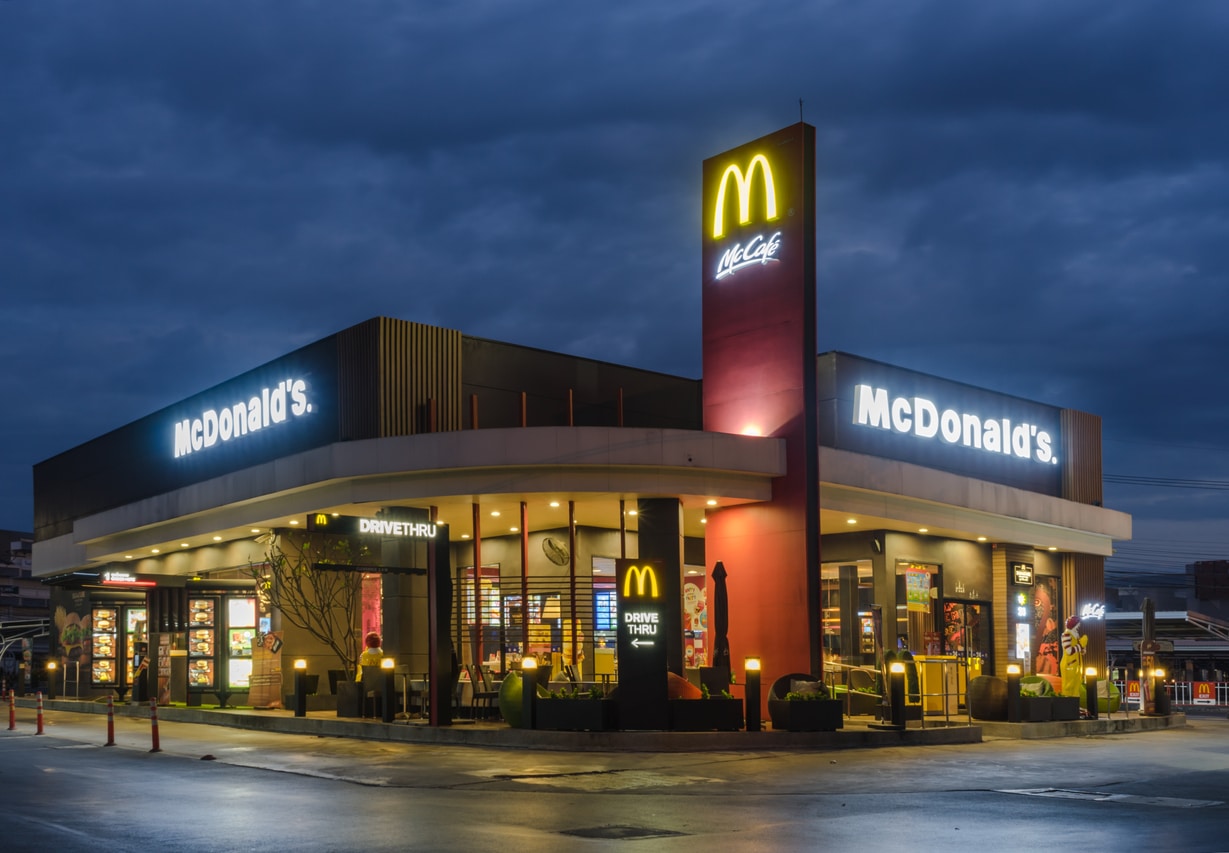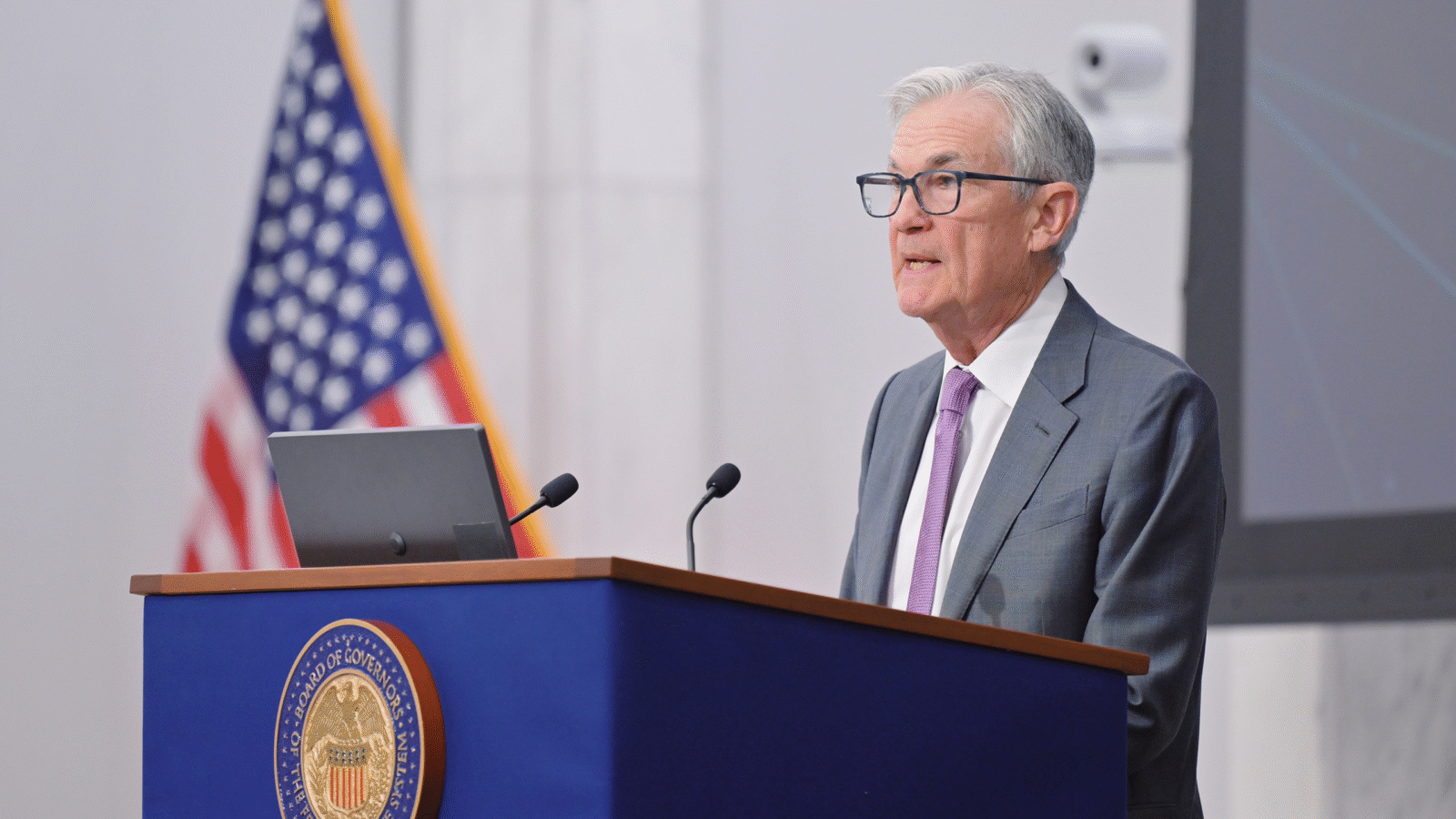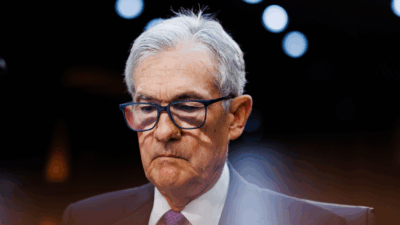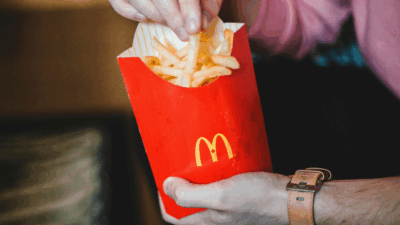
Sign up for smart news, insights, and analysis on the biggest financial stories of the day.
California Governor Gavin Newsom observed the Labor Day holiday by signing a bill that raises the minimum wage to $22 an hour for workers at major fast food chains.
It’s a victory for workers – and quite possibly for robots, too, as the industry shovels money into technology to avoid unhappy meal price hikes.
SuperSized Salaries
California has long been on the cutting edge of the minimum wage debate. In January, it raised the statewide minimum wage to $14 an hour for companies with 25 or fewer employees and a nation-leading $15 an hour for companies with 26 or more employees — meaning California’s line cooks were making McDouble the federally-mandated $7.25-an-hour earned by counterparts in states like Alabama, Idaho, and Kentucky.
The new Fast Act will deliver another salary bump to a significant portion of service workers, with the law applying to chains with over 100 locations starting next year. Still, many fear the rising cost of labor will be passed on to the consumer; it will definitely accelerate the shift toward automation.
- Automation such as touch-screen ordering has been steadily creeping into the fast food industry for years now, especially amid the ongoing labor shortage. Chipotle, Panera, and White Castle are among the several chains that have installed robots into kitchen lines.
- Mcdonald’s meanwhile began piloting voice recognition for drive-thru ordering in 10 Chicago-based locations earlier this year, achieving an 85% success rate with the technology — though CEO Chris Kempczinski cautioned that expanding from 10 locations to over 14,000 nationwide, each with menu, promo, and dialect quirks, won’t happen at the snap of a finger.
Living Like Burger Kings: Of course, most major fast food chains are global operations, and wages differ significantly by country. In many parts of the world where the quarter-pounder with cheese may be dubbed “a royale with cheese” (blame the metric system), employees can earn wages equivalent to California’s new standard, and menu prices have barely budged. And even in Denmark, where Mcdonald’s employees famously earn about $22 USD per hour, a Big Mac only costs about a buck more.
McFlation: The Golden State has a history with the Golden Arches, with the chain’s very first location opening in San Bernadino in 1940. The price of a cheeseburger back then? Just 19 cents — a steal worthy of the Hamburglar himself.











